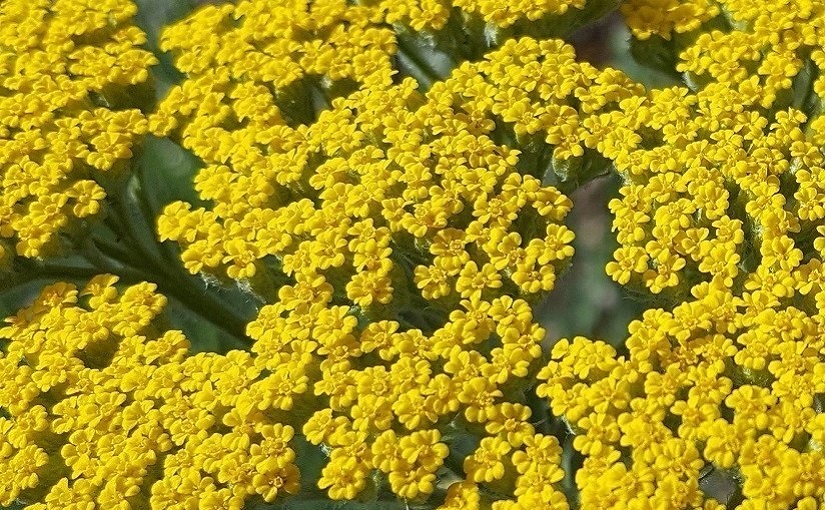What might our lives be like if we could trust? Trust in others, in information we receive, in organisations around us and their intentions for our lives? Before, I’ve talked about the need, above all, to trust ourselves; in that it’s hard to see what others have in mind for us (Notes One). Beyond that pragmatic response though, what’s the picture of a trusting life?
I mean, if we could trust that all our interactions were based on concern for our best interests as well as the interests of society. Instead of this ‘dog eat dog’ approach of taking what you can, looking out for you and yours, and battling it out over self-interest. There’s a social, systemic interpretation of that but – as ever – I’m thinking theoretically here.
Really, it’s a question about motivation and values and the sentiment behind collective endeavours (Notes Two). Is community a battleground of conflicting ideas and priorities, or a place of commonality, togetherness and mutual concern? Do we have to fight, to cling, to defend, to shout, or is society already listening? It’s not listening. Everywhere there are agendas at play, very specific ideas of how to treat people ‘for the best’.
Unfortunately, modern life in the West seems to be that battleground: we’ve taken ideas of social engineering and essentially thrown everything at the feet of market forces. Culture, beauty, self-worth, environment, education, communication, infrastructure, all this is effectively on sale to the highest bidders and most strategic thinkers. It’s perhaps foolish to trust in that reality.
But, if we could? If those operating in all areas of our lives held each individual in the highest regard? If the scenarios about to play out were firmly and compassionately held in the hearts of those pulling the strings? If injustices and difficulties were sympathetically understood, with life-affirming solutions being offered? If society were fed with nurturing rather than destabilising forces? If paths were chosen out of constructive optimism, not cold calculation.
Writing that, I see it’s actually a deeply depressing train of thought. Because it highlights the disgusting ways companies are profiting off our lives: friendships, uncertainty, knowledge, democracy, all these fundamental human realities seemingly being sold off, plundered, exacerbated rather than relieved or encouraged in healthy directions.
I’d not anticipated ‘imagining a trustworthy world’ would be almost too naïve yet depressing to write about. What does that say? Surely, as humans, we’re entrusting ourselves to the community surrounding us, to the forethought contained there. Isn’t life built around a degree of trust? As opposed to worrying we’re in the hands of those who pretty much couldn’t care less.
It’s sad to think we can only trust ourselves, but also empowering: this call to know our minds, our wounds or weaknesses; to trust your judgement and understanding, viewing life against that backdrop; to base choices around the best wisdom we can find, leaning only on the certainty of our convictions. Hopefully then, such qualities might find their way into the fabric of society itself.
Notes and References:
For the Tibetan Buddhist perspective on managing the realities of human existence and establishing principles of trust and compassion, there’s: “Living Beautifully with Uncertainty and Change” by Pema Chödrön, (Shambhala, Boston), 2012.
Note 1: Who should we trust?
Note 1: Freedom, what to lean on & who to believe
Note 1: Need to stand alone & think for ourselves
Note 2: Community as an answer
Note 2: Concerns over how we’re living
Note 2: What holds it all together
Building on this, ideas around the bigger picture behind social realities made up a large part of The power of understanding.

